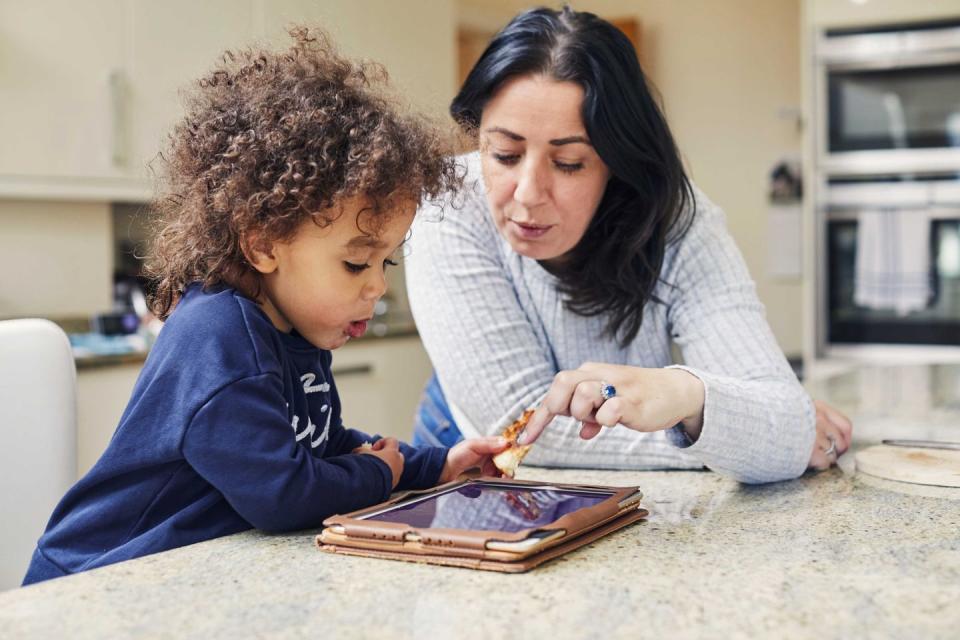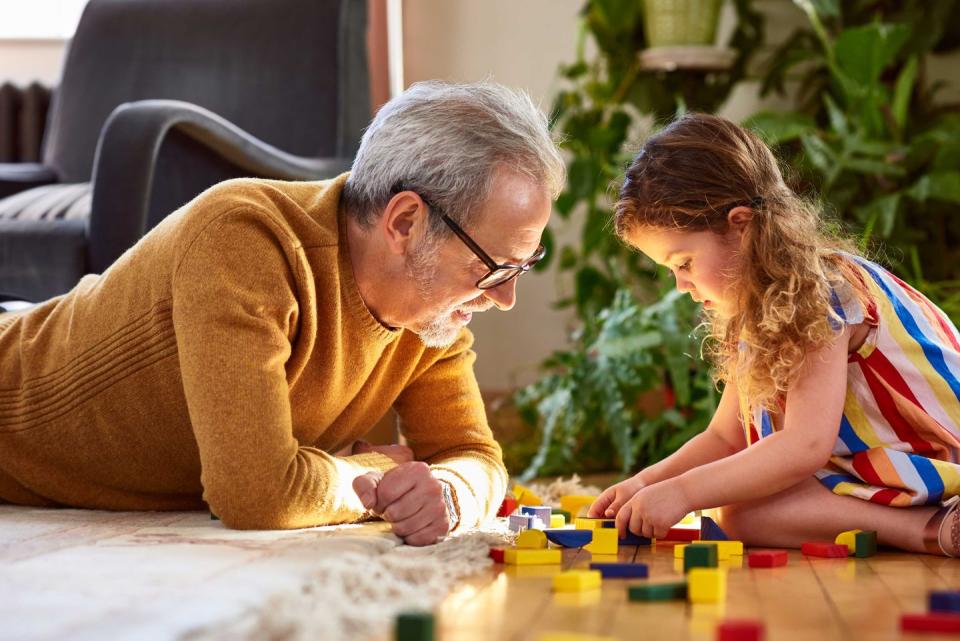How to Prep For the “Abnormal” School Year That You and Your Child Are About to Endure

As the summer season starts to wind down, one topic seems to be on a lot of people's mind: how will the country's teachers and students go "back to school" during COVID-19? Will school's open up with strict regulations, continue online learning, or follow some type of hybrid? Unfortunately, there are no consistent answers to these questions, with some governors saying they won't give in to President Trump's push to reopen schools and others saying it's necessary. And even if governors decide to open schools in the fall, some parents may decide to keep their kids home if they are able.

No matter where the learning takes place, getting through the 2020-2021 school year will present challenges that students have never faced before. And, as their caregiver, it will be largely on you to help them overcome these obstacles. It won't be perfect or pretty at times, if ever, but it is possible.
Here, educators and administrators discuss how caregivers can help their child go "back to school" during a global pandemic.
Talk to your child about the "new normal."
Regardless of where your child will be learning in the fall, it is important to talk to them about it in a way that makes sense for their age and understanding.
“As communities begin to open back up, it is important to be mindful of potential messages around COVID-19 that may be confusing to children," Wilson says. "Introducing proactive, age-appropriate discussions around why it is OK to go back to school now, or how school might look different when they start the new school year are important topics in which to engage and develop as information evolves. This continued focus around what we do know about the virus and sharing the things that are within our control can help build confidence, and a level of comfort, in our children."
Let your child know what to expect ahead of time.
Your children are used to a routine at school, so it's important to let them know what to expect in distance learning and create a new, flexible routine.

"Children are looking for the familiar throughout this time in their lives and the more we can create clear routines and communicate expectations, the better," Wilson explains. "Creating a daily schedule can provide the entire family clear direction."
That said, it's OK to stray from the schedule every now and then.
Treat distance learning as more of a menu.
"In order to combat burnout and help them learn, parents should treat distance learning as more of a men," Dr. Nermeen Dashoush, Early Childhood Education Professor at Boston University and Chief Curriculum Officer at MarcoPolo Learning tells Woman's Day. "Pick and choose activities from different content areas that your child is excited about and can do without stress."

Additionally, she advises against replicating the school day and encourages guardians to "leave gaps in the day." This makes sense, as research has found that the average attention span is 3 to 5 minutes per year of a child's age. This is even shorter for children with ADHD, so it's important to be mindful of how much your child can actually handle.
Encourage "play learning" and "edutainment".
Although digital solutions to learning and entertaining children are abundant and fun, nothing will benefit them more than physically playing. According to research done via the Lego Foundation, learning happens in free play, guided play, pretend play, and game play. This experieince is enhanced when parents join in on the activities.

“Terms like 'playful learning' and 'edutainment' reflect that everyday activities that children enjoy contribute to their learning," Dr. Jennifer Jipson, PhD and member of the Educational Advisory Board at The Goddard School, tells Woman's Day. "There is compelling evidence that board games build math skills. Siegler and Ramani found that children who were able to list having played more board games had higher numeral identification, counting, number line estimation, and numerical magnitude comparison skills.”
Schedule social interactions for personal development.
Even during a global pandemic, it's important for children of any age to continue to have social interactions to progress their personal development. “The American Academy of Pediatrics is recommending children return to school to support social-emotional growth," Williams says. "For families who may have concerns with this recommendation, there are ways to support creative activities that facilitate social interactions and connections even online. Virtual playdates make it possible for children to re-engage with classmates or cousins."

Williams adds, however, that it's important for parents to talk beforehand and decide if they want "a structured or open-ended playdate is important, as each child is different." It will help make the experience more enjoyable and avoids wasting time deciding what to do during the playdate.
Don't compare your kid's learning experience to others.
Early childhood development is both rapid and cumulative. A balanced education continuously lays a solid foundation for later learning. During this uncertain period it's important to embrace the flexibility of your child's distance learning.
"It is important to see your child as an individual and honor where she/he is within their unique learning journey and development." Wilson tells Woman's Day. "Children benefit greatly when parents and educators provide engagement, challenges or additional support based on their zone of proximal development."
Be kind to yourself during this process.
"Family dynamics have changed in that we are together almost all of the time now while trying to balance work and distance learning for our children," Wilson says. "Now more than ever, communication is important to express needs with your partner or with your children. Finding time for personal space and downtime can be a healthy practice and important for each family member, too."
No matter what this school year may bring, your children will continue to learn if it’s in a classroom, at home, or a mix of both. Taking these tips and insights can help you navigate the next few months ahead.
Subscribe to Woman's Day today and get 73% off your first 12 issues. And while you’re at it, sign up for our FREE newsletter for even more of the Woman's Day content you want.
You Might Also Like


